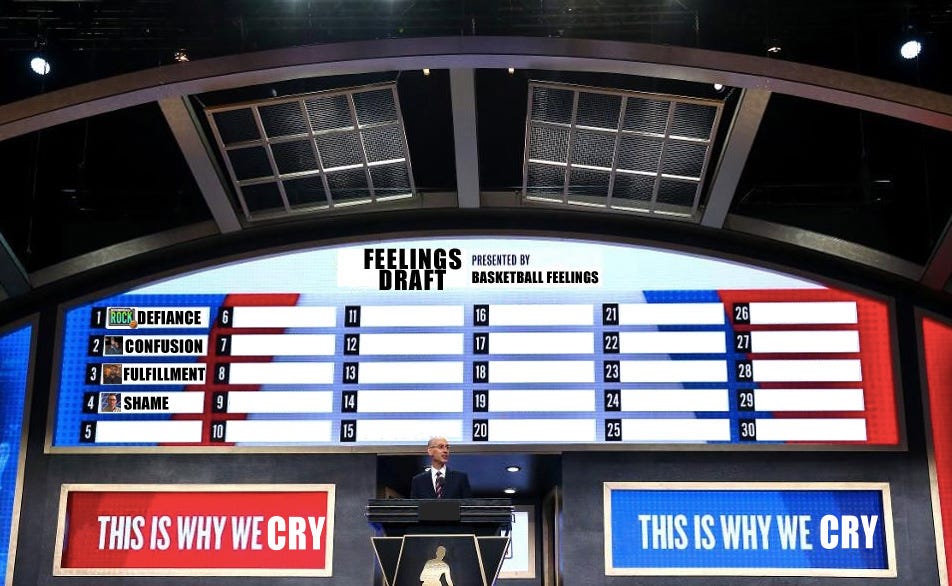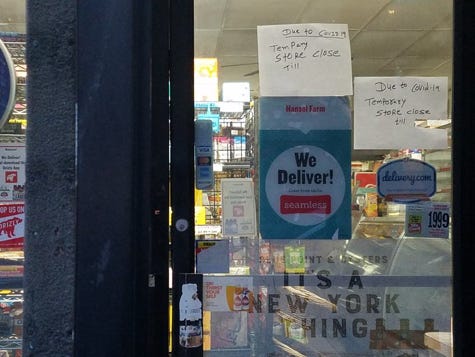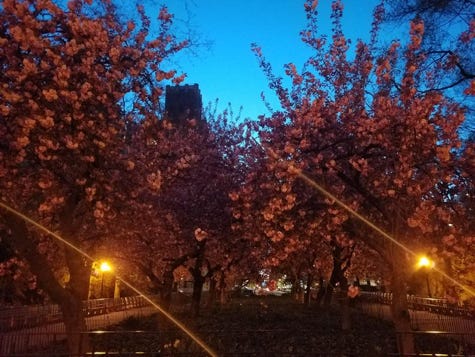With the 4th pick in the Basketball Feelings Feelings Draft, David Roth selects... SHAME

The first time I emailed David Roth was when our mutual friend Ben suggested the piece I’d sent him about Paul Pierce being a vampire should really go up on The Classical. Once it did, there were increasingly specific line edits of how a cellphone would sound reverberating against a coffin lid, etc, and through it all David generously thanked me for my attention to detail instead of telling me to please get lost. This is dramatic but this is also Basketball Feelings so, I’m fairly confident I wouldn’t have started writing about basketball, not as fast and not in the same head and heart first way, without David. At Classical (even after it started its long sleep and he revived it every year for my Halloween NBA stories), at VICE Sports, almost at Deadspin before greed kicked the walls in, he was always encouraging, always sincere, always giving more time than he probably had. It’s not something just novel with me, David’s done this for a lot of people, opened himself up, made room. He also does it in his writing. Expansive and perceptive, tender and probing, reading him on anything is like watching colours explode on a deep bruise and when he’s levelled you just enough there’s a joke to gently boost. Like when I told him his draft order and he said, “I might fuck around and draft Hasheem Thabeet.” He didn’t, he dug right to the bottom of this entire collective moment instead.
On one of the corners where vendors used to set up to sell knockoff scarves or strange shitty pillows or not-for-outdoor-use sunglasses, a man pitched a folding table and was selling surgical masks. A homemade sign included the phrase “By Order Of The World Health Organization,” stuck fast within mysterious parentheses. Last weekend, he was listening to Cameo’s “Word Up” on a boombox. I don’t know what any of this means, beyond the Cameo bit; that part is a call to pretty ladies around the world, the man in the codpiece was quite clear about the intent, there. I don’t know that it means anything at all.
Still, I am looking for signs everywhere. A man drags fitness equipment down to the park—those thick combat ropes, medicine balls, a yoga mat laid out on the pavement—where he does chin-ups on the scaffolding while wearing a welder’s mask and playing like the Top Gun soundtrack; he’s drawn up signs encouraging people to use the exercise equipment under his supervision and every now and then someone actually does. A wide bearded man in a Make America Great Again hat walks past, wearing a mask. Weeks ago, people from the Parks Department unscrewed the rims from the basketball hoops, so little kids now just chuck basketballs at the square patch of pale gray metal where the goal once met the dented metal backboard. Charley Mom opens back up, the first Chinese spot in the neighborhood to do so, and then closes again, this time with just a note to the mailman to drop things off at the Dunkin’ Donuts across the avenue. People hang out their windows to clap and cheer at night as someone blares “New York, New York” and some other song that’s honestly such a crapshoot that I suspect some sort of algorithmically generated playlist is involved. A few days ago it was “Don’t Stand So Close To Me.”

I would very much like for any of this to mean something. It would be great if these little eruptions of human oddity and perseverance could signal some sort of natural healing process in motion, obviously, but honestly I would settle for picking up a legible hint as to where in all this we are. Nothing quite measures up, though, or seems to fit with anything else. The recognizable form of the few recurrences of the familiar doesn’t do much to balance out the strange new content; the man with the boombox is where he’s supposed to be and doing what he’s supposed to do, but not selling what he’s supposed to sell. I am desperate to find things I can recognize, which feel both as inspiring and as futile as a weed sprouting through a fissure in a buckling parking lot. I’m in no place to judge any of it, emotionally or otherwise. A rational part of me says to that dumb green shoot, “what is it you plan to do, bud, become a fucking tree?” The unsteady rest, which has the wheel, can only stammer “thank you for your service” and then just wonder at the insufficiency and triteness of the words.
I’m all over the road, even as I stay stuck right where I am—inside in the sunshine, or walking little circuits up and back through the neighborhood, wandering into the thin traffic, giving ground and taking up space, decoding the masked signals I receive. So much of every day is just going someplace to make money or spend it, and the horizon shortens without those organizing destinations. Of course it’s a very bad time. I spend hours every day trying to pin down just what kind of bad time it is, how bad and why and for how long, and for what reasons. I have no answers to report there. I couldn’t really tell you how I’m doing, honestly. I’m asymptomatic. The people close to me that have contracted the thing have, blessedly, gotten past it. We’re very lucky to be where we are, which is at home, looking out the windows for something to make sense of.

There is one heartening thing. There are numerous polls that show it to be true nationwide, but also there are polls that show all kinds of things, and no poll has ever really made me feel more sure about anything. This is a thing you can see for yourself, though, and it is good. Most people at least seem to care, and are still either trying to do the right things or want to do the right things. The worst and loudest people are always covered the most, and those people are absolutely out there and infuriated as ever. They will not abide standing on some social-distancing dot at the grocery store; they will not wear a mask because it shows fear; they say that skipping a couple of haircuts is the same thing as dying in a gulag and they mean it because they have never experienced an inconvenience even that profound in their lives. There are still a lot of these people, and they are embarrassing to behold—the raw weeping sores that speak to some longer-gestating sickness. But they are not important, or statistically significant. They can drive around the governor’s house honking their horns or stride constitutionally into Blimpies while wheezing and sweating in a ballistic vest, but they don’t really matter. Just about everyone feels the same way about them. It takes all kinds.
But most people, mostly, seem to want to do right by their neighbors and their communities. This seems like a small thing, but it is never anything like a certainty that people, in the United States of America or anywhere else, are going to do the right thing. At the highest levels, the country just doesn’t work, and has remade itself such that not-working—working the wrong way, even, finding new ways to make it impossible for powerful people to be punished and nearly as impossible for less-powerful people not to be guilty of something or other—is now how it works. The people that live here have increasingly little to do with this; they fund it and suffer for it, but as the essential stuff atrophies and power’s brutal instincts take on the color of law, the old avenues of recourse clog or close entirely. It’s my home and I love it as such, but the country has been lost and lying and very sick for my whole life. All the horrible, invisible things that people step over on the way to the job, all the desperate pretended innocence and the secret fantasies of wild cruelty, lead to a hard wariness even at rest and to all kinds of sickening violence in motion. It is desperately bad, to the point that there is some surprise in encountering the fact that the people living in and under all that wreckage, picking through and stepping over all this irradiated mess on the way to work, are still as decent as they are.
All of which is to say that, in the obliteration of this moment, I had no idea what to expect from my country. This place just cannot be straight with itself about the addictions and habits that are killing it. If people had simply decided that they deserved to die because their bosses needed them at their posts, I would have been sad, but I would not be surprised. But as it has turned out, most people want to live, and they do not really want to make each other sick, and they are willing to do things that objectively suck for themselves to benefit people they don’t know. This is something to be proud of.
Everything else is shame, though. There is no leadership at the highest level; it is quite clear that virtually everyone in a position of power doesn’t really care whether you or I live or die. It is taken on faith, in both political parties, that none of this can really get better through any sort of concerted action, and so the versions of official redress that we get play as parody—blank checks to a few bloated entities, millions of desperate people rushing the broken websites of institutions starved out over decades, rules on rules on rules, taunting homiletics from decrepit lords. No one really even seems willing to commit to anything like actually trying to fix what’s broken. There is no indication, in our politics or media or in the mediated and marketized online spaces where so much of life happens in the temporary suspension of the rest of the world, that there is anything to do but this. People have acted and want to continue to act out of an abundance of care in hopes of buying time for a fix, and power can’t even manage to try to do the necessary things. It is very much an empire entirely at its end—a class of pink and unclever aristocrats lying and bragging weird brags while the great machinery rusts. Every lever that was ever built to be pulled at moments like this snaps off clean at the base, Chernobyl every fucking day.
There is, in every masked and worried person on the street, an impulse to care and a willingness to give that is nowhere to be found at the levels where it matters most. This is a moment of exposure, both in terms of embarrassment and in terms of vulnerability, and absolutely shameful in that way. The people have done the things that might have gotten us something more than what we have, but after these months apart we have nothing much to show for it. The shame of that is very real, but it will as ever be felt most acutely by the people who deserve it least—the ones doing their best under the worst circumstances, the people passing each other on the street and searching every shrouded and troubled moment in vain for some reason why this had to be, or how it might end, as they make their ways home.

